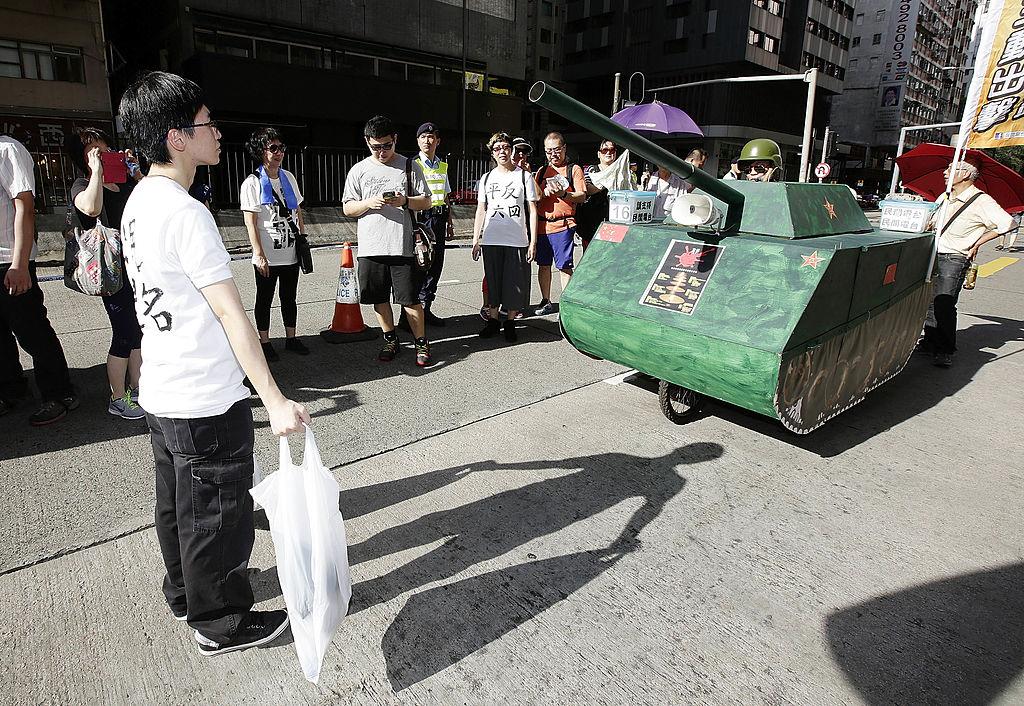SANTA CLARA, Calif.—This year marks the 31st anniversary of the Tiananmen Square student pro-democracy movement. The creator of the short film “Tank Man” about the Tiananmen Square Massacre shared with The Epoch Times about the importance of the film and the difficulties he went through in making it.
On June 4, 1989, students gathered at Tiananmen Square in Beijing to protest for freedom and democracy. However, the Chinese Communist Party (CCP) silenced them with military tanks, troops, and assault rifles.





